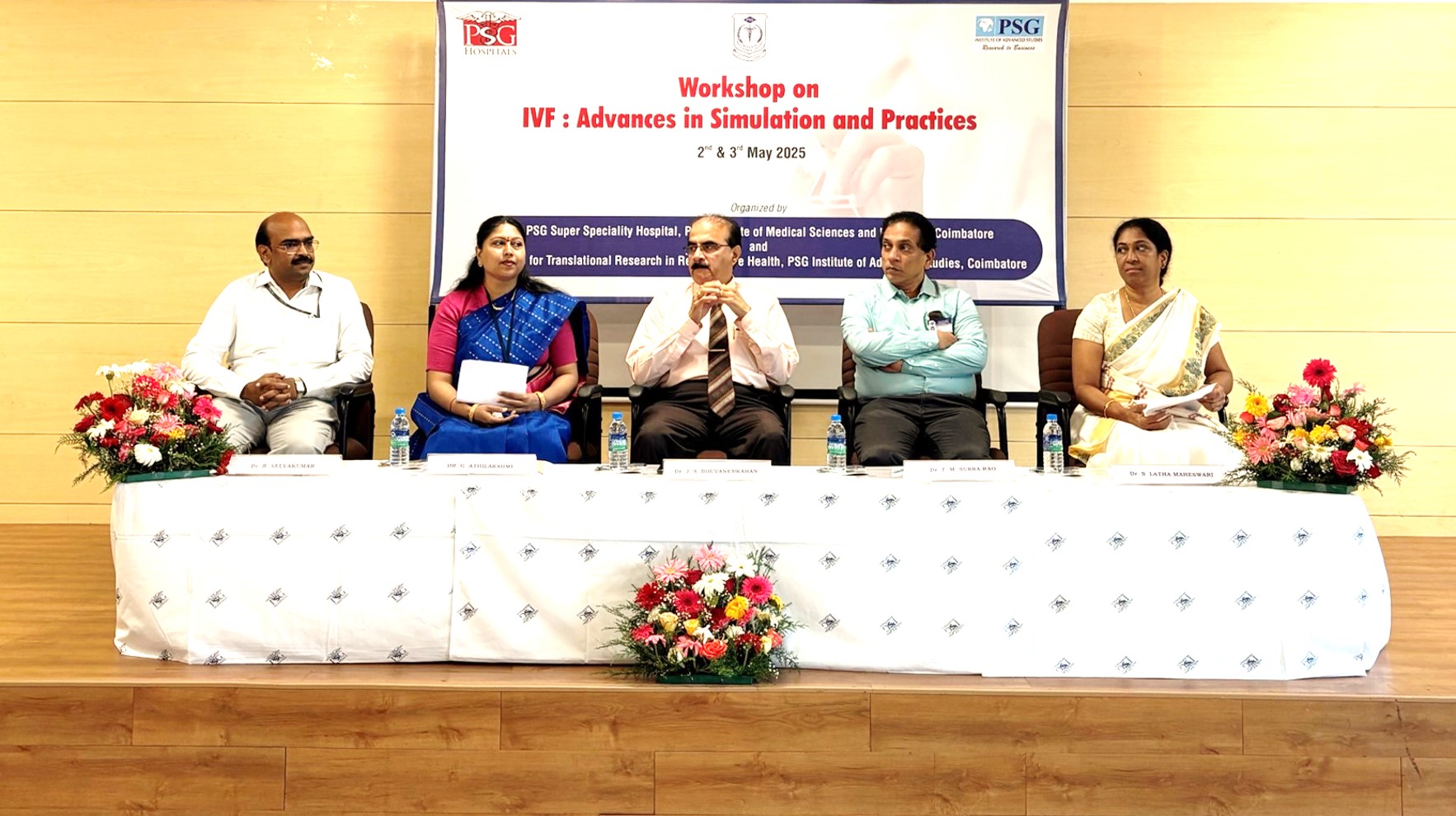Trending Now
- Alliance talks between AIADMK and BJP are ongoing. An announcement will be made at the right time – Union Home Minister Amit Shah.
- Vijay spoke about TVK vs. AIADMK only to motivate party workers – AIADMK General Secretary Edappadi K. Palaniswami.
- South Indian audiences are not interested in Hindi films, which is why they don’t succeed – Salman Khan.
- KL Rahul joins Delhi Capitals; the team will face Hyderabad tomorrow.
Coimbatore
Jallikattu ban to beef up beef export?
![]() January 12, 2016
January 12, 2016
Even as people in Tamil Nadu are agitating against the Supreme Court’s interim ban on Jallikattu, animal rights activists have raised an alarm that the ban would indirectly benefit MNCs that export beef from India.
According to sources, India exports around 24 lakh tonne of beef each year through MNCs and small beef exporting units. In the recent years, the price of beef has increased even as the costs of bulls, which are used for meat, have reduced from Rs. 1.25 lakh to Rs. 25,000.
During 2015 when Jallikattu was banned, most of the bulls, which are generally used as stud bulls, were sold to slaughter houses at a very low cost resulting in the reduction of the population of bulls.
Activists also claim that if Jallikattu is banned this year too, more bulls will be sold to slaughter houses, which would profit the industry up to Rs. 3,650 crore a year, which is close to gaining Rs. 1 lakh for a single bull.
“The numbers have already declined from almost 100 million bulls in 1992 to 60 million in 2012 and this is further reducing. We fear that this is the reason why western organizations are demanding a ban on Jallikattu so that beef export could be doubled,” claimed a source.
“If this continues, all the six local cattle breeds will fade away and people would be forced to raise foreign breeds,” the source added. The source also alleged that when number of bulls declined, people would have to import milk, semen and even fodder from MNCs.
According to S. Balakumar, another animal rights activist, Tamil Nadu was a State that predominantly relied on cattle farming and if these bulls went extinct, the State would also be dependent on foreign companies for dairy products and milk.
Condemning People for the Ethnic Treatment of Animals (PETA) that sought the intervention of the Court, Balakumar said that the organisation was exhibiting double standards as it had failed to seek a ban on dog shows in which the dogs undergo rigorous training and are forced to showcase their talents.
“Jallikattu is an event that showcases the strength of stud bulls that are used for breeding to keep the native species alive. It is unfair to ban it as it is against the culture of the people of Tamil Nadu. The Tamil Nadu Jallikattu Peravai will continue to protest in the future if the ban persists,” he claimed.























